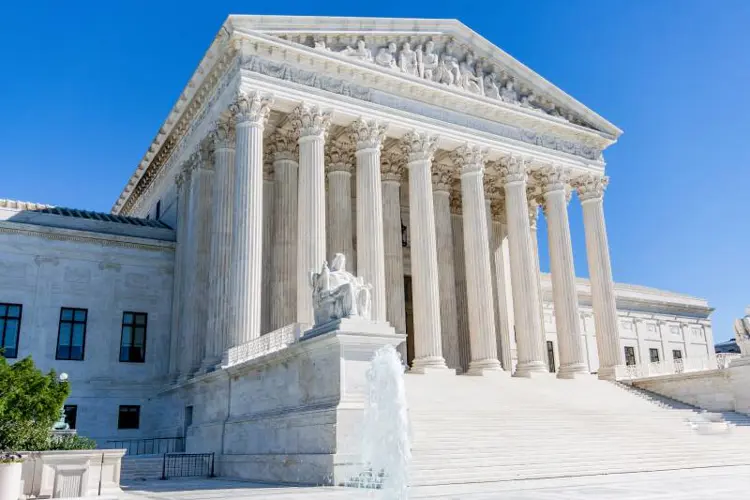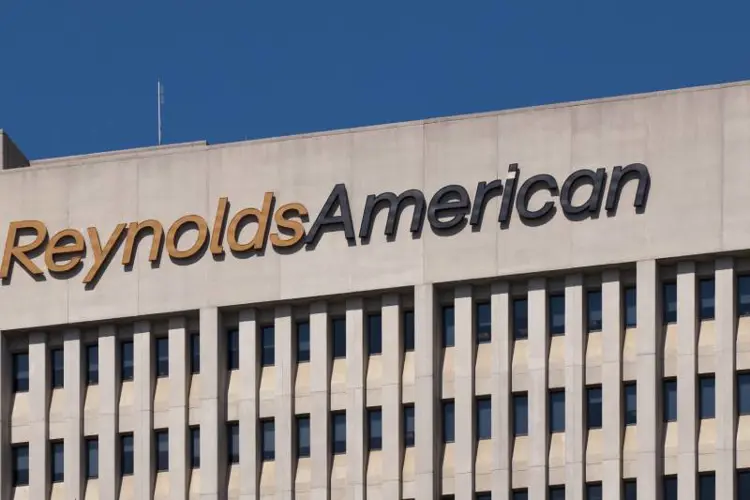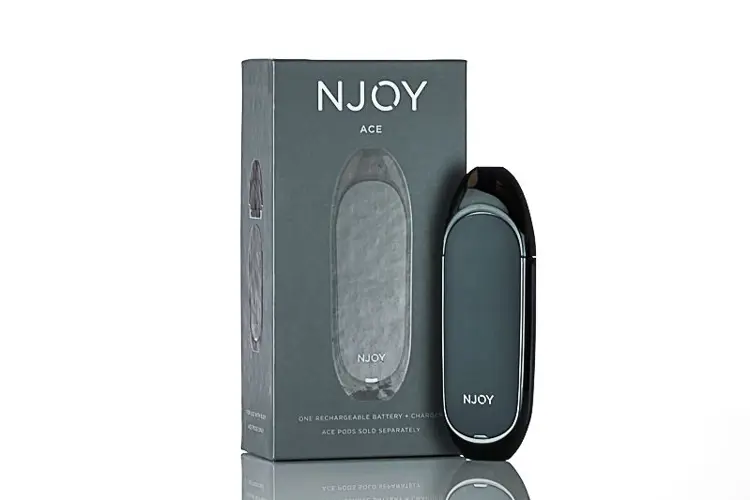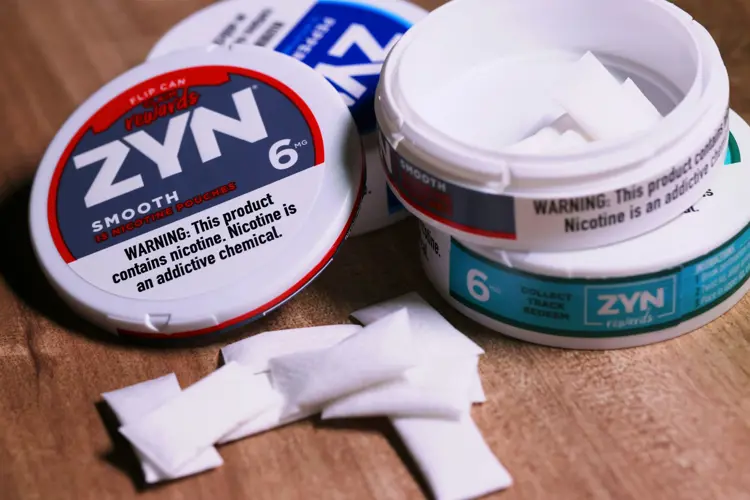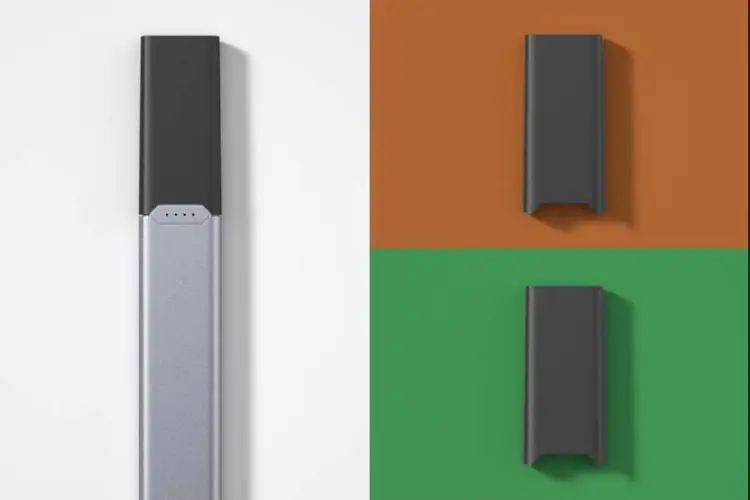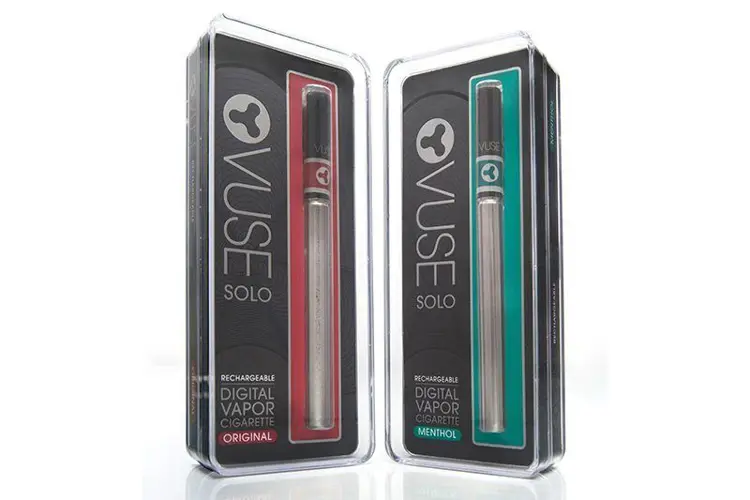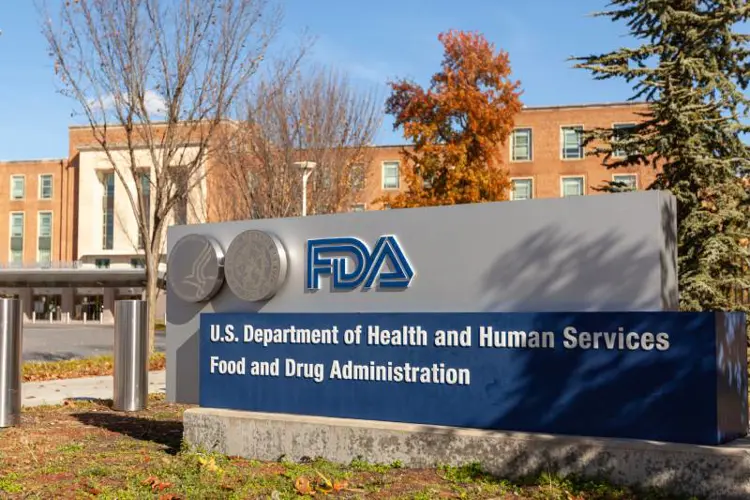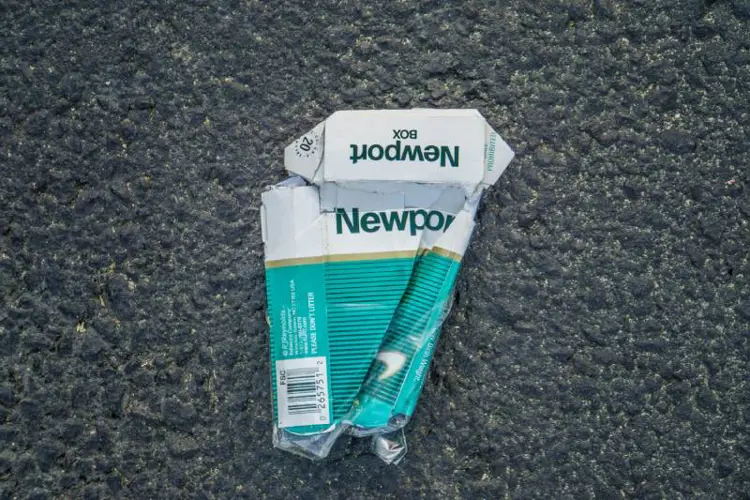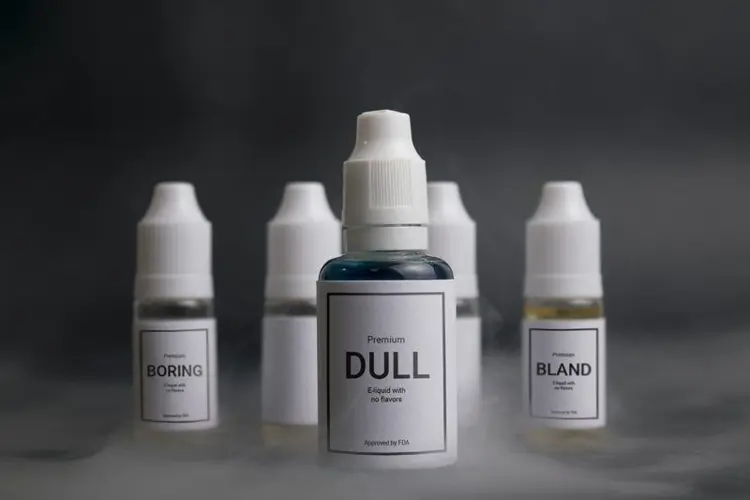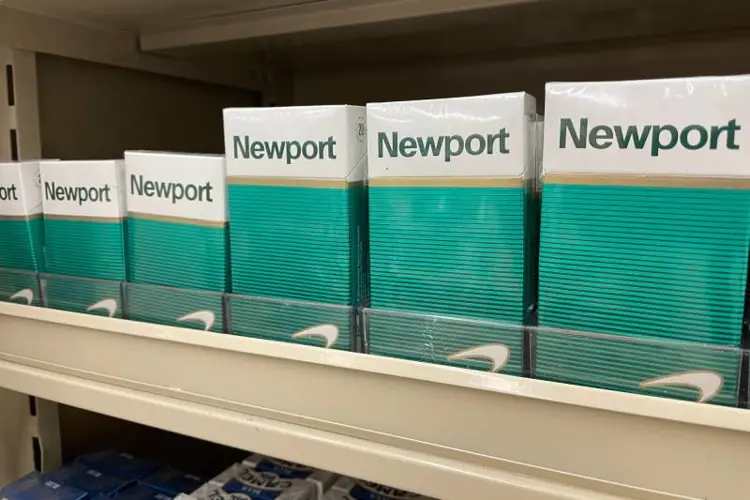Remember the 255,000 spam comments to the FDA docket on e-liquid flavors? We have an update, courtesy Regulator Watch’s Brent Stafford. There’s some good news and some bad news.
The bad news is that the FDA has finished separating the spam from the real comments, and the agency has discovered that 95 percent of the 525,000 pending comments were either duplicates or part of the bot attack that uploaded spam comments to the FDA servers. That’s more than a half-million fake comments.
The good news is that the remaining 22,000 legitimate comments will be accepted and analyzed by the agency. Of course, the fact that fewer than 22,000 of the three or four million regular vapers in the United States thought it was important to make a comment isn’t good news. That tells the FDA that vapers may not really care if fruit, candy and dessert flavors are banned pertaining to e-liquid and prefilled pod vapes and disposables.
The story, as reported originally by RegWatch in July, was fascinating. A computer bot program uploaded 255,000 fake comments over the course of a weekend in June. By the time the agency had figured out the problem, the spam had clogged its servers and slowed the process down to a crawl. Now it appears that the weekend attack was just the beginning.
The spam comments were uniformly negative about e-liquid flavors, using existing literature from anti-vaping sources like the Campaign for Tobacco-Free Kids to create templates for the comments. There were four templates used, and none of the letters were signed. They were very obvious fakes.
Unless the FDA knows and is not announcing it, the identity of the spammers that disrupted the comment process is still a mystery. The bizarre, amateurish hacking doesn’t seem to have served the cause of either tobacco control organizations or vapers and the vapor industry. Whoever was responsible may simply have been a digital vandal, looking to cause trouble.
The next step for the FDA is to sort and analyze the comments, and use them in designing rules about flavors. Since the agency already tried to ban non-tobacco and -menthol flavors, most vaping advocates have little hope that FDA minds have changed. The regulators are under tremendous pressure from crusading politicians like Sen. Dick Durbin, and tobacco control groups like Truth Initiative to ban “kid-appealing” e-liquid flavors. FDA Commissioner Scott Gottlieb has already announced that the flavor regulation will be "expedited rulemaking," meaning the agency will speed up the typically years-long process just for e-cigarettes.
The Freemax REXA PRO and REXA SMART are highly advanced pod vapes, offering seemingly endless features, beautiful touchscreens, and new DUOMAX pods.
The OXVA XLIM Pro 2 DNA is powered by a custom-made Evolv DNA chipset, offering a Replay function and dry hit protection. Read our review to find out more.
The SKE Bar is a 2 mL replaceable pod vape with a 500 mAh battery, a 1.2-ohm mesh coil, and 35 flavors to choose from in 2% nicotine.
Because of declining cigarette sales, state governments in the U.S. and countries around the world are looking to vapor products as a new source of tax revenue.
The legal age to buy e-cigarettes and other vaping products varies around the world. The United States recently changed the legal minimum sales age to 21.
A list of vaping product flavor bans and online sales bans in the United States, and sales and possession bans in other countries.







